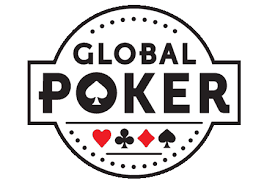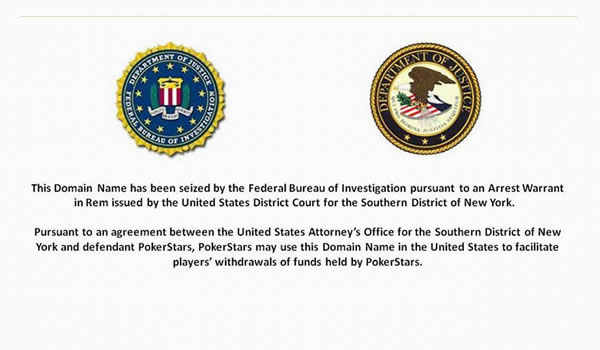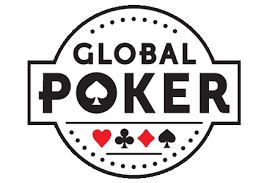Thursday marked the 10th anniversary of Black Friday. For poker players, this was the day federal authorities virtually shut down the freewheeling online version of the game.
Ten years later, the online poker landscape has changed significantly but is once again surging around the world. That includes the regulated online poker in the US market.
A decade later, here’s a look at some of the events of Black Friday and where the industry stands now.

Online poker gets shut down
On April 15, 2011, the federal government cracked down on online poker after the passage of the Unlawful Internet Gaming Enforcement Act (UIGEA). Congress passed the act in 2006 as part of the SAFE Port Act.
The move barred online gaming companies from “knowingly accepting payments in connection with the participation of another person in a bet or wager that involves the use of the Internet and that is unlawful under any federal or state law.”
In essence, the act regulated banking transfers for online gaming companies. Some sites like partypoker and 888poker left the US market entirely because of the move.
Others like PokerStars, Full Tilt Poker, and UltimateBet continued operations in the US. But on Black Friday, the Department of Justice (DOJ) seized the sites of all three operators.

Investigators indicted numerous officials and payment processors, including PokerStars founder Isai Scheinberg.
The moves left plenty of uncertainty with players unable to access their accounts with funds locked. The situation at Full Tilt Poker only added to the controversy.
The feds indicted CEO Ray Bitar and referred to the company as a “ponzi scheme.” Full Tilt had been paying ambassadors and owners using player money rather than separating those funds, the feds argued.
The company didn’t have funds to meet player obligations. The US government charged that Full Tilt leaders paid out $444 million to themselves.
Company founders Howard Lederer and Chris Ferguson became villains among many players for the missing funds and lack of communication.
Settlement reached, online poker returns to US in different environment
In the end, PokerStars settled with the federal government in a deal that saw the company purchasing Full Tilt for $731 million. That included $547 million going to the federal government to pay back affected players.
The agreement also stipulated that Bitar, Lederer, Ferguson, and other company officials could never be employed by PokerStars.
Stars shifted operations away from the US and remains the largest online poker operator in the world. Players who had been accustomed with the ease of opening a laptop and playing cards were mostly out of luck.
But that wasn’t the end of online poker’s story in the US. In 2011, the Obama-era DOJ offered an opinion stating that the Wire Act only applied to sports betting.
That paved the way for legalization on a state-by-state basis. In 2013, the states of Nevada, New Jersey, and Delaware officially legalized online poker.
Michigan, Pennsylvania, and West Virginia have followed suit more recently. Since the Coronavirus pandemic began, the US online market has experienced record revenue numbers.
Other states like Illinois and Connecticut are now considering legalization.

Players look back on turbulent times
Many players took to Twitter to share their thoughts on Black Friday. It was a day of frustration for many. The shutdown left those who relied on online poker for a living in a state of limbo and confusion.
“The thing I remember the most about Black Friday was the sadness and uncertainty in the days and months after,” partypoker US Network team pro Katie Stone said.
Poker pro and World Poker Tour commentator Tony Dunst noted that the day became a major learning lesson for some. Players left millions of dollars in their online accounts.
Black Friday: The poker world’s yearly reminder to never keep money where it can be easily seized by the whims of government douchebags.
— TonyDunstTV (@tonydunsttv) April 15, 2021
Johnny “Vibes” Moreno offered an interesting look at the game’s roller coaster ride over the last decade. Like many, Moreno shifted to live poker. Series like the World Series of Poker and WPT grew rapidly during that time.
Black Friday of online poker 10 years ago was a catalyst for me to quit online poker and switch to live. I thought I was done with online poker forever and was happy about that. COVID changed everything and now I primarily play online again and can’t imagine switching back. 😂
— Johnnie VIBES (@JohnnieVibes) April 15, 2021
Now post-pandemic and a decade after Black Friday, online poker once again has experienced massive momentum. That’s good news for poker players and the industry as a whole.
The post Players Look Back on Online Poker’s Black Friday a Decade Later appeared first on .
